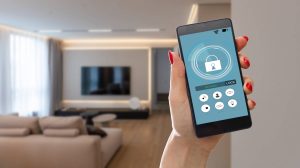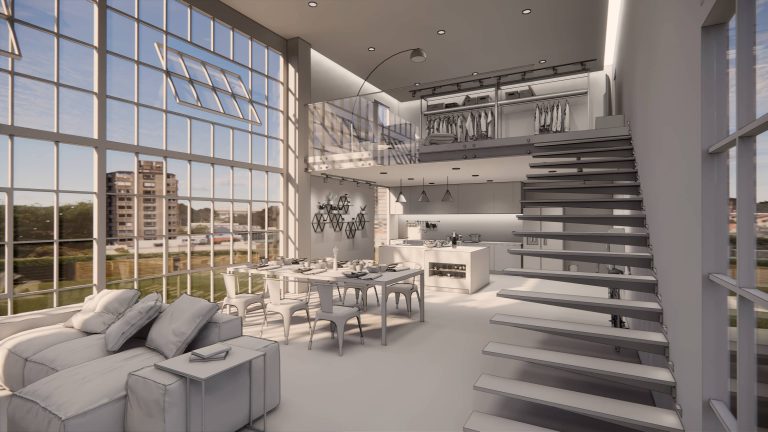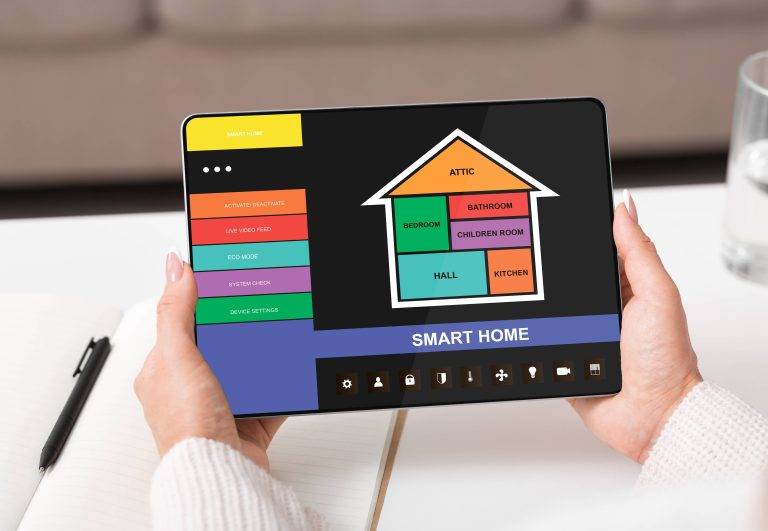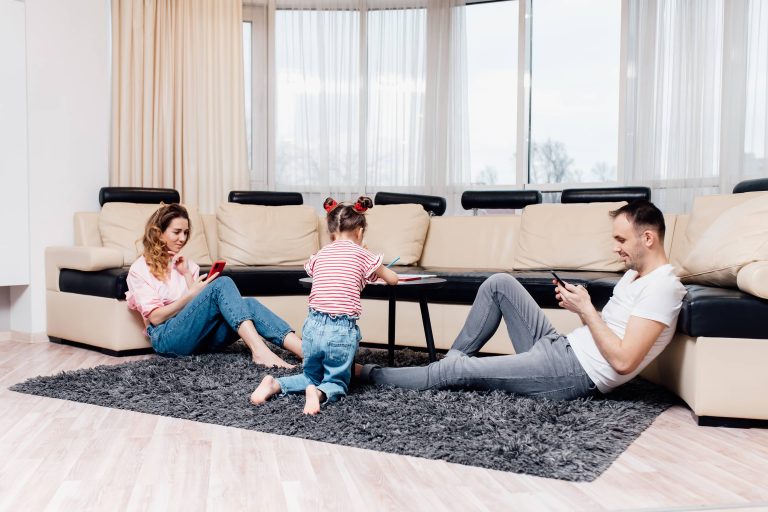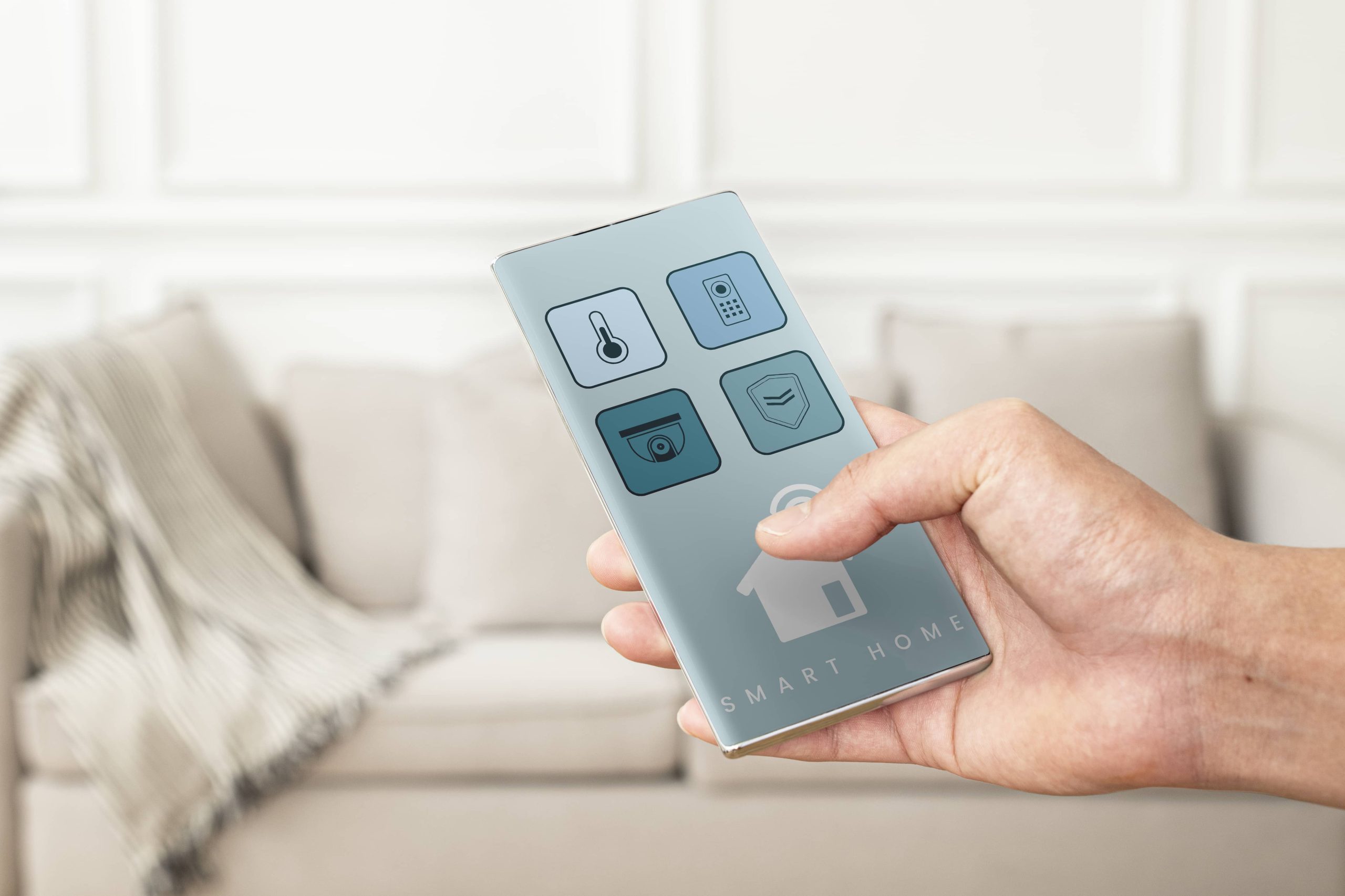
In the age of smart homes and cutting-edge technology, the emergence of AI cameras has revolutionized how we interact with and control our living spaces. These intelligent devices transcend the basic functionalities of traditional security cameras by integrating artificial intelligence, which opens a world of possibilities for personalized home control.
AI cameras are equipped with advanced algorithms that can process and analyze real-time data. This capability means that these devices can recognize faces, detect unusual activities, and even understand user preferences. With a wave of innovation sweeping the home automation industry, AI cameras are set to become an indispensable part of smart home ecosystems. In this blog post, we will explore the myriad ways in which AI cameras can enhance personalized smart home control, making our homes not just smarter, but more connected and responsive to our individual needs.
1. Understanding AI Cameras in the Context of Home Automation
AI cameras represent a fusion of traditional security cameras with artificial intelligence. Unlike their conventional counterparts that merely capture footage, AI cameras have the ability to interpret the data they collect. This advanced functionality is made possible through machine learning algorithms that can identify patterns, recognize faces, and make decisions based on the contextual information they gather.
One of the key aspects of AI cameras is their ability to ‘learn’ from the environment. Over time, these devices can become more adept at distinguishing between normal and suspicious activities, thus reducing false alarms. Moreover, they can customize their responses based on the people they recognize, creating a more personalized and secure living environment.
2. Enhanced Security through Intelligent Monitoring
Security is often considered the primary function of home cameras. AI cameras elevate this function by adding a layer of intelligence. Facial recognition technology allows these cameras to distinguish between family members, friends, and strangers. When a recognized face is detected, the system can automatically disarm the alarm or unlock the door, ensuring that trusted individuals can access the home without hassle.
In contrast, if an unrecognized face is detected, the system can trigger an alert or lock down the premises, depending on the predefined security protocols. Beyond real-time monitoring, these cameras can also analyze historical data to identify patterns of behavior that might indicate potential security threats. For example, if the camera consistently detects a stranger near the home at odd hours, it can alert the homeowner or even the local authorities.
3. Personalized Control and Automation
The integration of AI cameras with other smart home devices allows for an unprecedented level of personalization. By leveraging facial recognition and behavioral analysis, these cameras can automate various home functions tailored to individual preferences. For instance, when an AI camera recognizes a particular family member arriving home, it can trigger a series of customized actions such as adjusting the thermostat to their preferred temperature, switching on their favorite music playlist, or setting the lighting to their preferred ambiance.
Moreover, AI cameras can adapt to routines and detect anomalies. If the camera notices that someone usually arrives home at a certain time and that person hasn’t returned as expected, it can send a notification, prompting the homeowner to check on them. This level of proactive personalization ensures that the home environment is always tuned to the occupants’ needs and habits.
4. Smart Integration with Other Devices
AI cameras can be the central hub in a smart home ecosystem, seamlessly integrating with other connected devices. For example, these cameras can sync with smart locks, lighting systems, thermostats, and even kitchen appliances to create a cohesive and responsive living environment.
Consider a scenario where the AI camera triggers the following series of actions upon recognizing a family member coming home after sunset: the smart lock disengages, the hallway lights come on, the thermostat adjusts to a comfortable temperature, and the coffee maker starts brewing a fresh cup. This kind of integrated control not only enhances convenience but also contributes to energy efficiency and overall home management.
5. Health and Wellness Applications
Beyond security and automation, AI cameras have the potential to contribute significantly to health and wellness monitoring. For elderly or individuals with specific health concerns, these cameras can be invaluable. They can monitor daily activities, detect falls, or recognize symptoms that might indicate a health issue, such as irregular patterns in movement that could suggest mobility problems.
When coupled with health monitoring devices and medical alerts, AI cameras can provide a comprehensive solution to ensure the well-being of residents. In case of an emergency, these systems can notify caregivers, family members, or medical professionals promptly, providing peace of mind and ensuring timely intervention.
6. Respecting Privacy and Ethics
While the potential of AI cameras is immense, it is crucial to address privacy and ethical concerns. Homeowners must have control over their data, and robust security measures should be in place to prevent unauthorized access. Transparency regarding how data is collected, stored, and used is essential. Moreover, implementing opt-in features and allowing users to manage their preferences can help mitigate privacy concerns and build trust in the technology.
Conclusion
AI cameras are set to revolutionize the way we interact with our smart homes, offering unparalleled security, convenience, and personalization. By understanding our routines and preferences, these intelligent devices can make our living environments more responsive and tailored to our unique needs. As with any advanced technology, addressing privacy and security concerns is paramount. However, with the right measures in place, AI cameras can be an invaluable asset, turning our homes into truly smart havens. As the technology evolves, the future of home automation looks brighter than ever, driven by the power of artificial intelligence.

